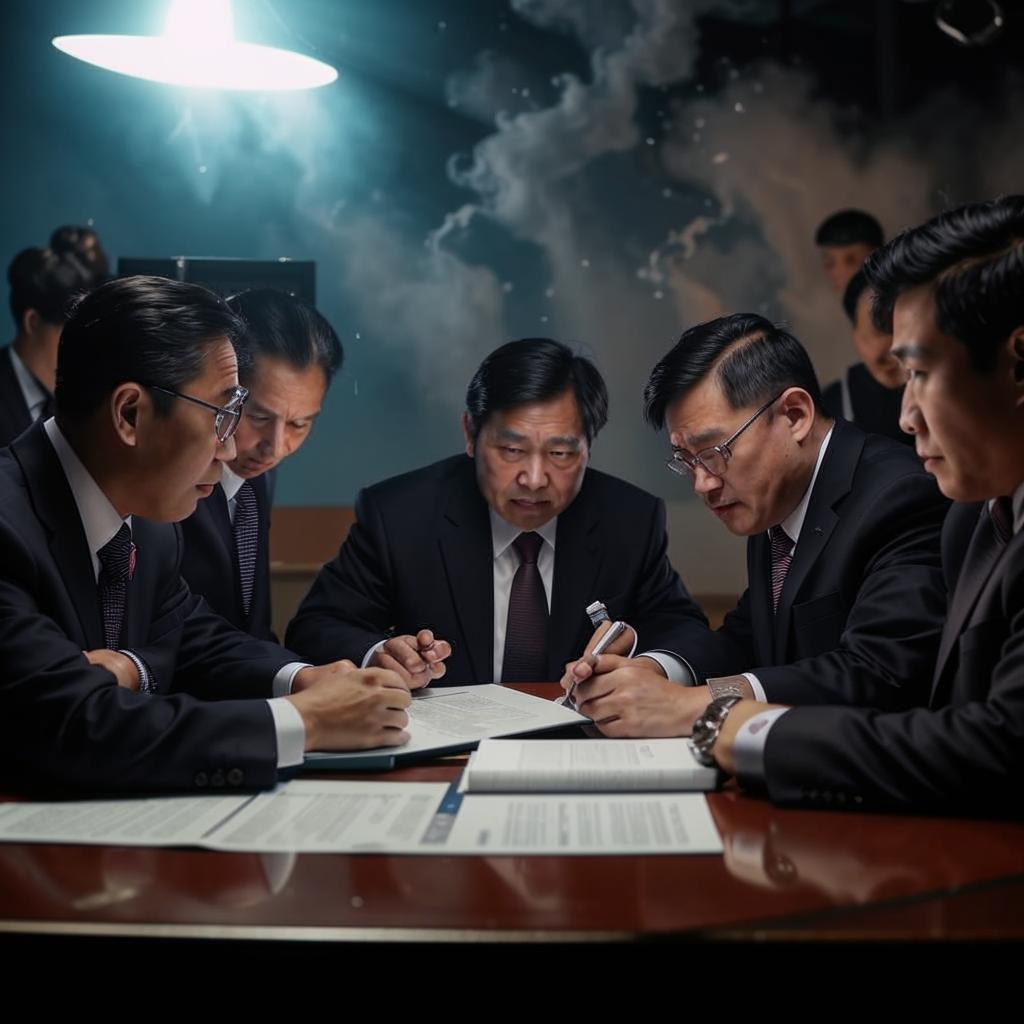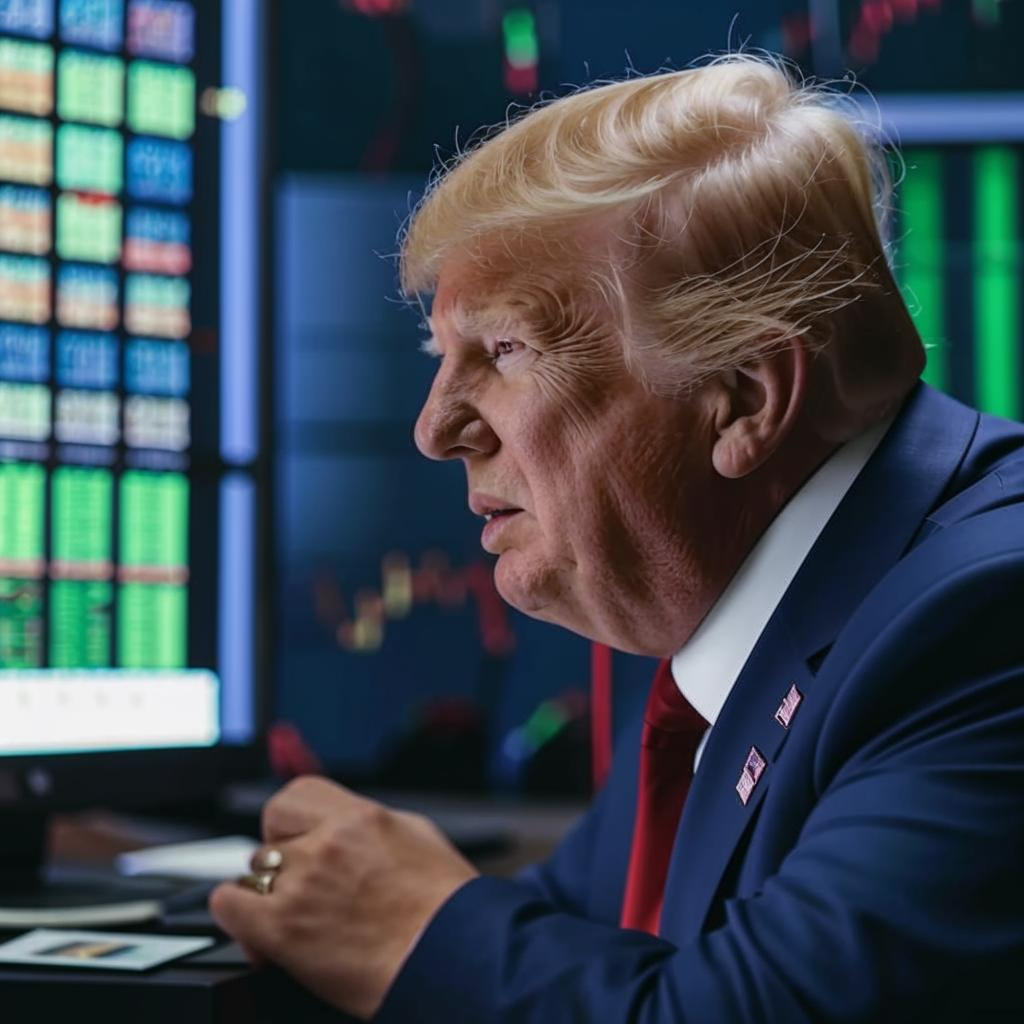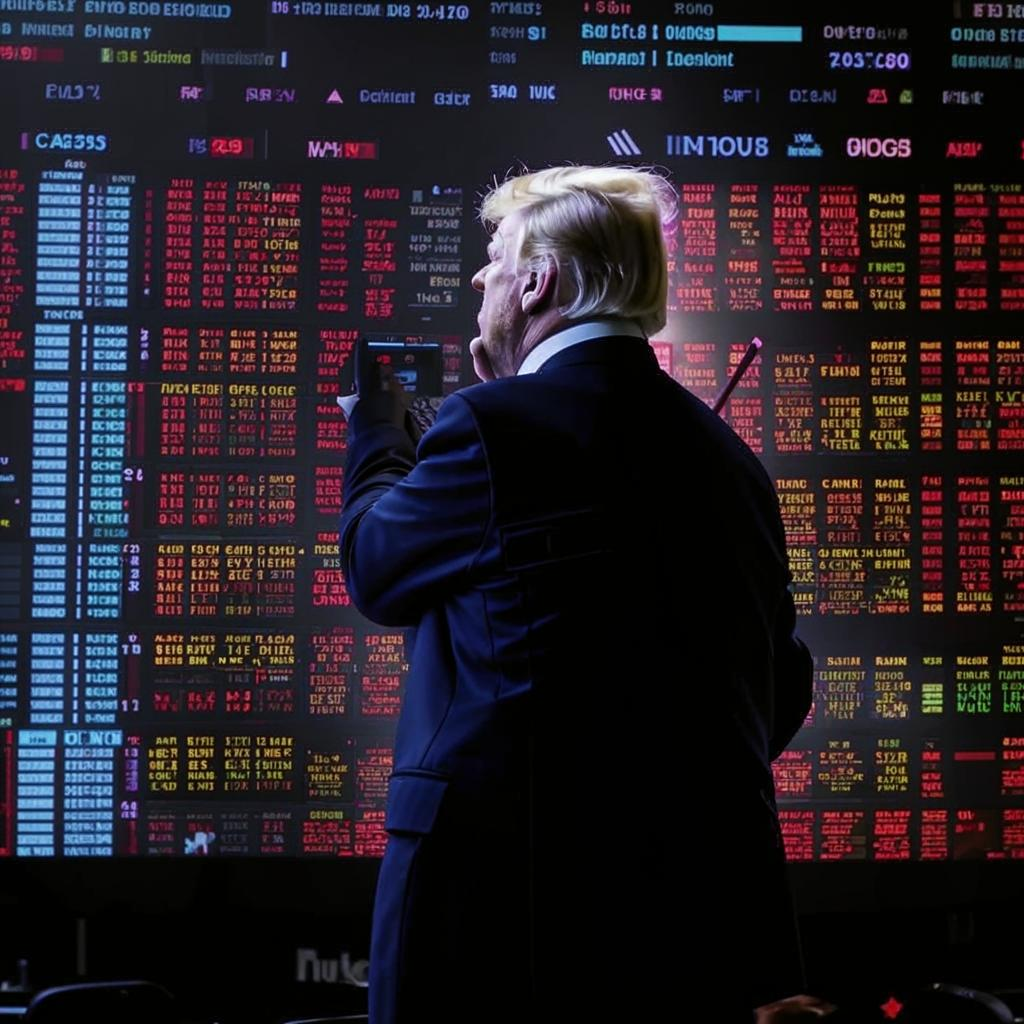Beijing has responded with skepticism to what some perceive as a conciliatory gesture from the Trump administration regarding the ongoing trade war. While the US president hinted at potential negotiations and a willingness to de-escalate tensions, Chinese officials and state media have largely met the overture with caution and distrust. Years of contentious trade practices, tariffs, and accusations of unfair competition have created a deep-seated sense of wariness.
Analysts suggest that China is unlikely to readily accept any deal without substantial guarantees and a clear commitment from the US to roll back existing tariffs. The memory of previous agreements falling apart, coupled with the unpredictable nature of the Trump administration, fuels the skepticism. Some commentators point out that the “olive branch” could be a tactic to relieve pressure on the US economy, particularly ahead of elections.
China’s priority remains protecting its own economic interests and ensuring a level playing field for its businesses. While open to dialogue, Beijing is expected to stand firm on its demands for fair treatment and an end to what it views as protectionist measures. The path to resolving the trade war remains fraught with challenges, requiring genuine trust and a willingness to compromise on both sides. Any future negotiations will likely be protracted and complex.













